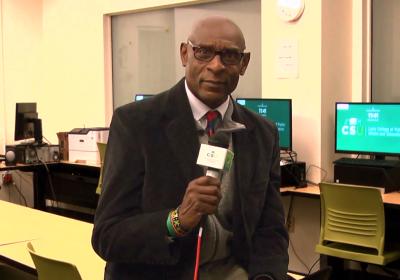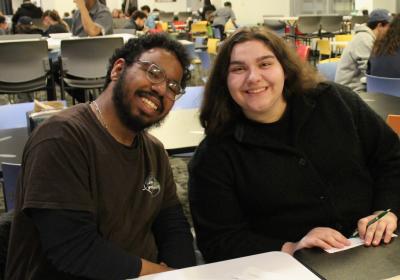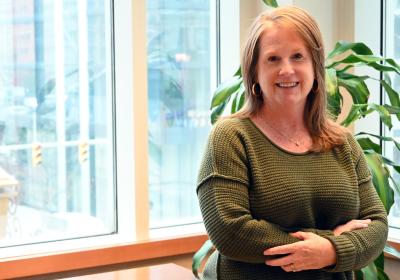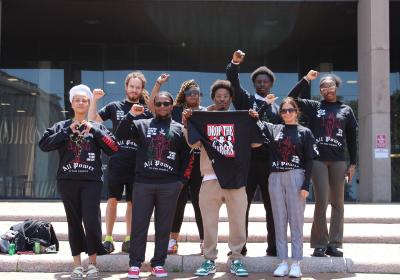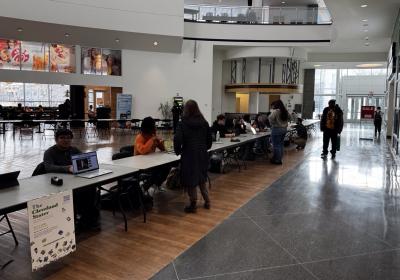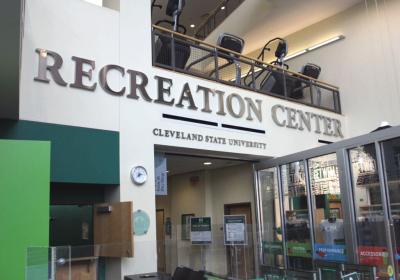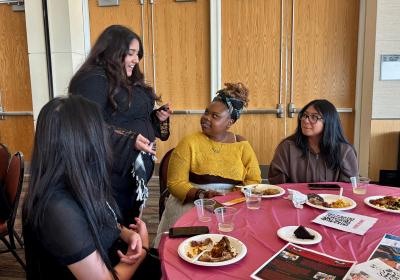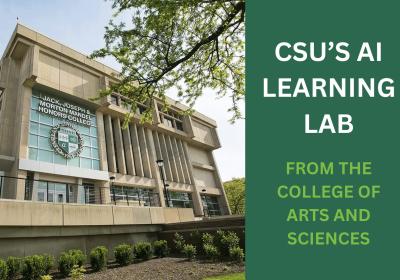
Making it Count: Census 2020
America comes together to count every person in the United States once a decade. The time to do so again is almost upon us and the College of Urban Affairs held a forum Tuesday, Feb. 11 to highlight the importance of getting involved in this year's census.
The census, based on the number of people, helps determine how much in federal funds to distribute annually at the local, county and state levels. These allocated funds impact housing and support education, transportation, employment, health care and public policy.
Moderator and professor of Urban Studies at the College of Urban Affairs Deidre Mageean, Ph.D., is a trained demographer and specializes in both international and domestic migration.
Several key points Mageean made addressed the language on the census form and provided a breakdown of specific terminology listed there as well.
“Sometimes the terminology can be confusing,” Mageean said. “As you can imagine, a lot of our students are in dorms or share apartments and may not have a clear understanding of what constitutes a household.”
The panelists included Devonta Dickey from Cleveland Neighborhood Progress, Mark Salling, Ph.D., of the Northern Ohio Data and Information Service, Nada Martinovic Trejgu, Ph.D., from the United States Census Bureau, and Kate Warren from The Center for Community Solutions.
Each panelist offered insight on, and advice for, how to best complete the census and get those from various communities involved. They also made it a point to stress that the information obtained during the census remains private and assured those in attendance that it would not be passed on to third parties.
“It’s important that people in the community help one another,” Warren said. “If they can advocate for taking the census now because they took it 10 years ago, that will go a long way.”
The census takes place once a decade and counts the population and households. As a result, the government allocates $675 billion in funds annually to support states, counties, and communities’ programs. The programs range from housing, education, and transportation to employment, health care and public policy.
Materials about jobs for potential census takers were also distributed. Workers are paid weekly and can work flexible hours. For more details, please visit 2020census.gov/jobs.



